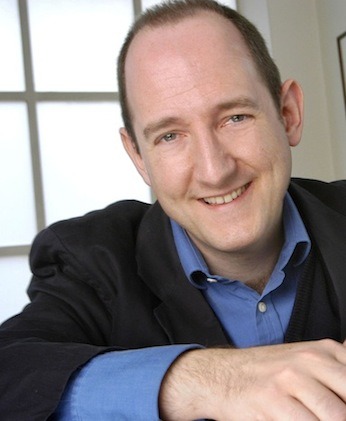I have a theory that burnout is about resentment. And you beat it by knowing what it is you’re giving up that makes you resentful. I tell people: Find your rhythm. Your rhythm is what matters to you so much that when you miss it you’re resentful of your work… . So find your rhythm, understand what makes you resentful, and protect it. You can’t have everything you want, but you can have the things that really matter to you. And thinking that way empowers you to work really hard for a really long period of time.
Should You Check Your E-mail?
The always on-point Wendy Macnaughton‘s grand flowchart of To Check or Not to Check e-mail. The “are you at work” branches are especially funny. Click here for a larger version.


